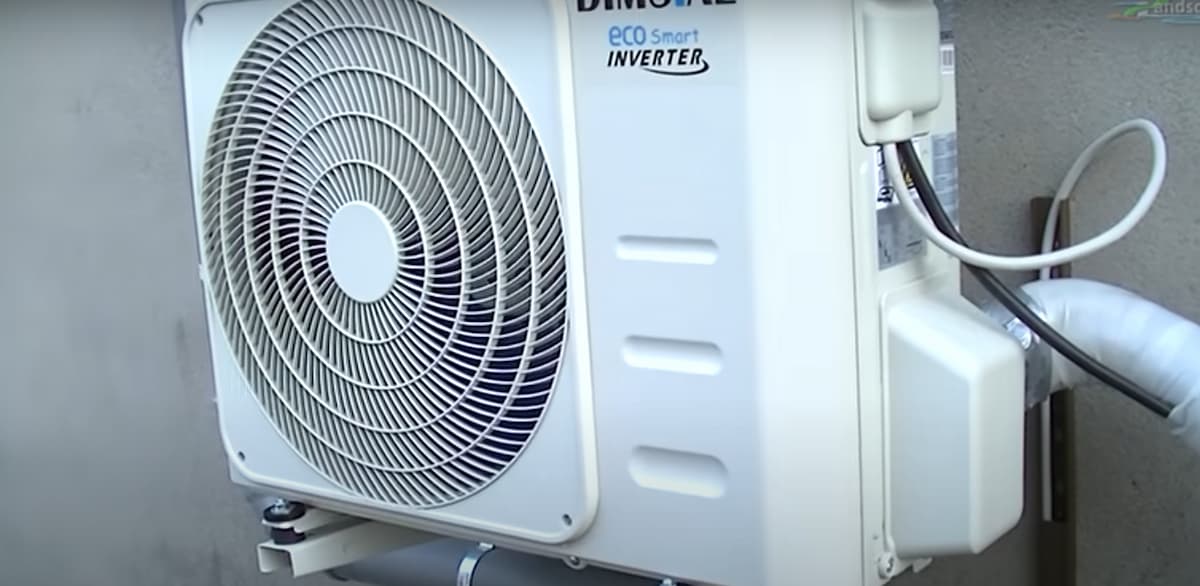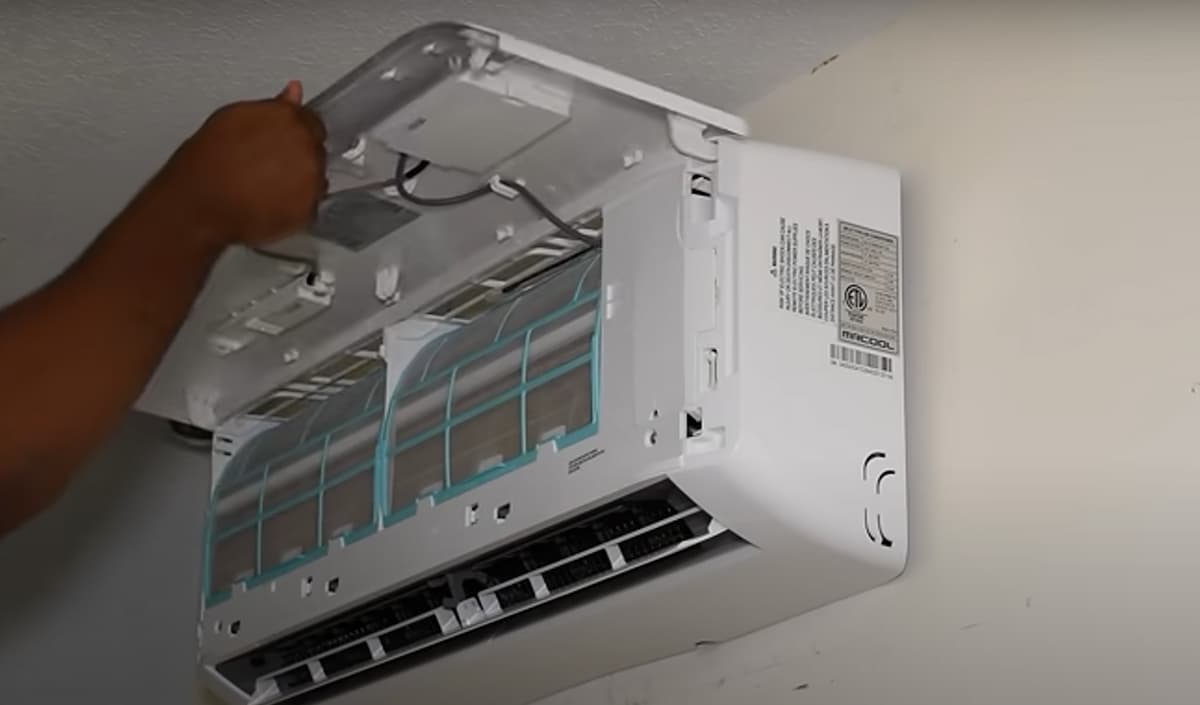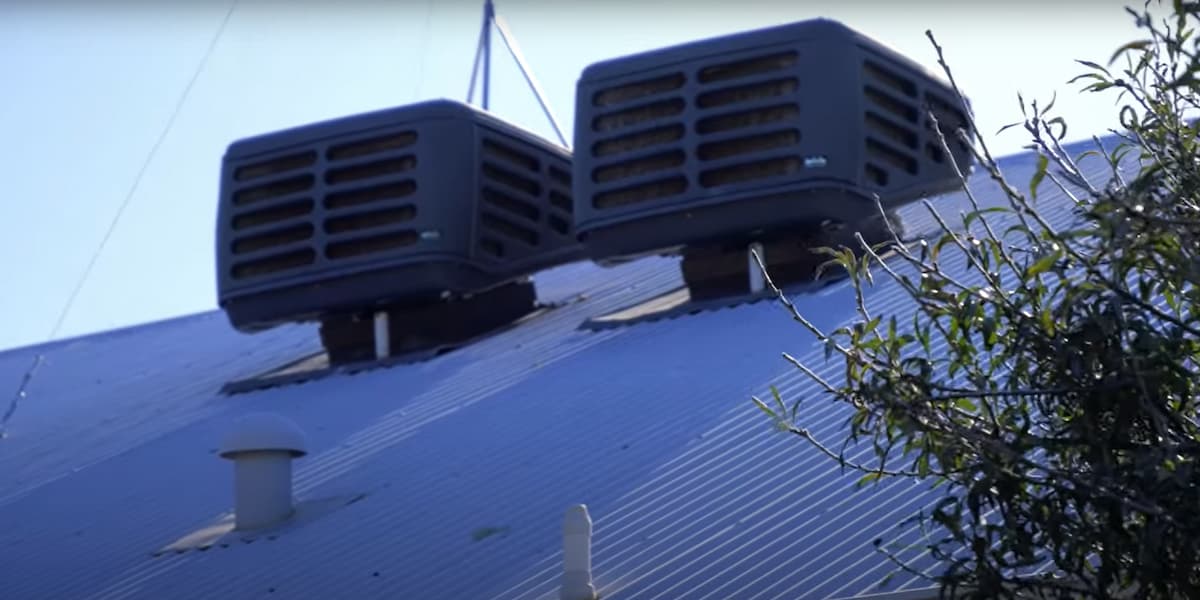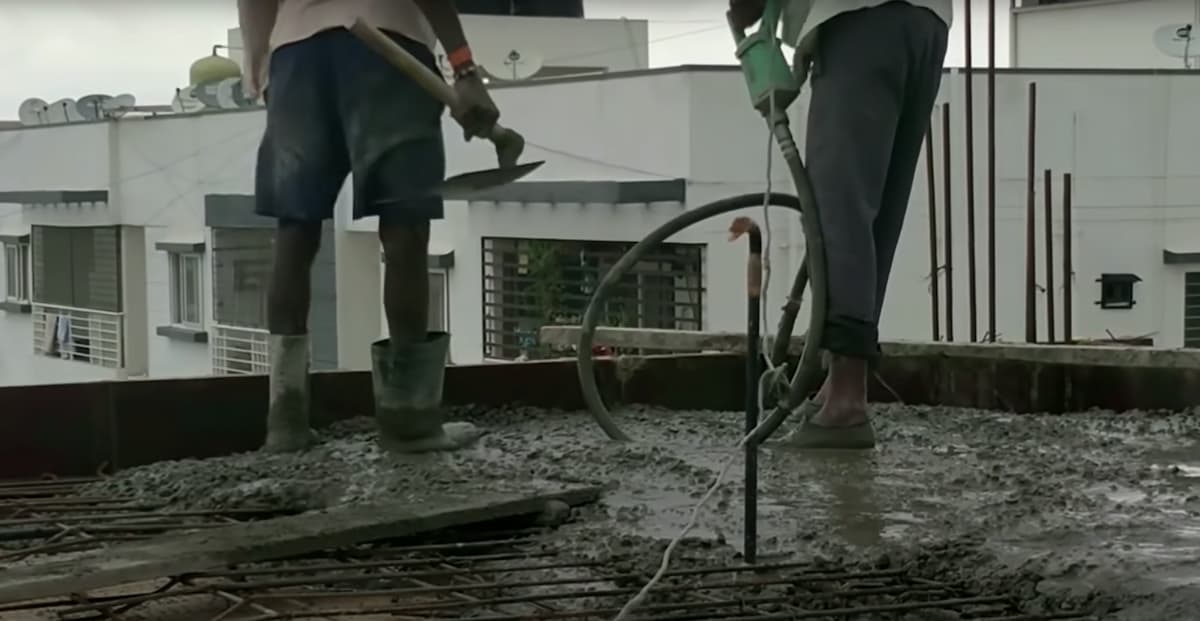
A skilled manual worker in a specific trade or craft is known as a “Tradie” (trade specialist). A tradesman is someone who has a great deal of theoretical and practical understanding of his/her own trade.
Tradesman is a job title that refers to someone who works in the construction industry, generally and well-known for being one of the most sought-after professions in Australia. When it comes to wages and salaries, the tradesman is one of the top earners. The higher your qualification, the greater your potential wage.
Naturally, a tradie’s job is hard and one of the most physically demanding jobs in existence, far removed from a typical 9-5 office position. Being a tradie can imply any number of responsibilities, but they all have certain things in common.
Trady or Tradie
Trady is a nickname for a tradie. It is often used informally and is a term of endearment. This is a term used in the United Kingdom, Ireland, Canada, Australia, New Zealand, South Africa and other English speaking countries to describe a worker in a skilled manual trade such as carpentry, plumbing or electrical work.
The term is thought to have originated in the early 1900s as an abbreviation of “traditional tradesman”. There are many different types of tradies out there, and each has its own unique skill set and area of expertise. For example, some common types of tradies include:
- Carpenters
- Plumbers
- Electricians
- Mechanics
- Roofers
- Tilers
Regardless of their specialty, all tradies share one common trait, they’re highly skilled manual labourers who are able to work with their hands and fix things. They’re also generalists, meaning they have a wide range of knowledge and skills in a number of different areas. This makes them extremely versatile and allows them to work on a variety of different projects.
There is no doubt that being a tradie is a challenging and demanding job, but it’s also one of the most rewarding professions out there. These skilled labourers are highly sought after and earn some of the highest wages in the country. So if you’re looking for a challenging and rewarding career, consider becoming a tradie.
What is a Tradie in Australia
A tradie is a skilled manual worker in a specific trade or craft. They are highly sought after and earn some of the highest wages in the country. Tradesmen are known for their wide range of knowledge and skills, which allows them to work on a variety of different projects. If you’re looking for a challenging and rewarding career, consider becoming a tradie.
What do Tradies do
Tradies are highly skilled manual labourers who can fix things and have a wide range of knowledge in a number of different areas. They can usually be found working in the construction industry, and are some of the highest earners in terms of wages and salaries. Depending on their specialty, tradies may do a variety of different jobs, including:
- Carpentry
- Plumbing
- Electrical work
- Mechanics
- Roofing
- Tiling, etc.
Regardless of their specialty, tradies share one common trait, they’re incredibly skilled and versatile. This makes them some of the most sought-after workers in the country. If you’re looking for a challenging and rewarding career, consider becoming a tradie.
What Makes a Skilled Manual Worker Popular
There are numerous reasons why Aussies choose to pursue a career in trade, and the following are the most prevalent ones.
Job Security of Skilled Workers
As one of the most in-demand services in Australia, Tradies are among the top when it comes to in-demand and most sought after jobs. There is no and may never be a shortage of handyman repair, house-building, landscape contracting and plumbing jobs, to name a few. To say that the Tradie may be needed all day, every day is no exaggeration. The trade career pathway for those young people considering their future prospects is bright and promising.
No University Education Required for a Trades Person
For an office job, a university bachelor’s degree might take three years to complete, but for honours, masters, and doctorates, there is the option for further study. All of these have costs associated with them, and the average student debt in Australia is presently expected to be about $20,000 give or take, not including the sleepless nights of studying required to earn a diploma. A tradie may not spend as long studying (usually between 6 months and two years) since he or she does not have to pay for a formal course, often learning most of their abilities on the job and avoiding big debts as a result. Depending on his or her experience, knowledge, and practical expertise.
Work Flexibility of His or Her Trade
Once a tradie has learned his or her trade and obtained the necessary certification, he or she may choose their own jobs and be their own boss. Many tradespeople eventually establish their own businesses and become self-employed as the opportunity to have complete control of their career is open and appealing, and it’s a genuinely gratifying prospect.
Tradies may work from almost any place. The office is far more exciting and liberating for a Tradie than the cubicle in a building square. You get to spend days outdoors working on several sites, standing up and moving about, doing what you enjoy rather than sitting all day and interacting with people.
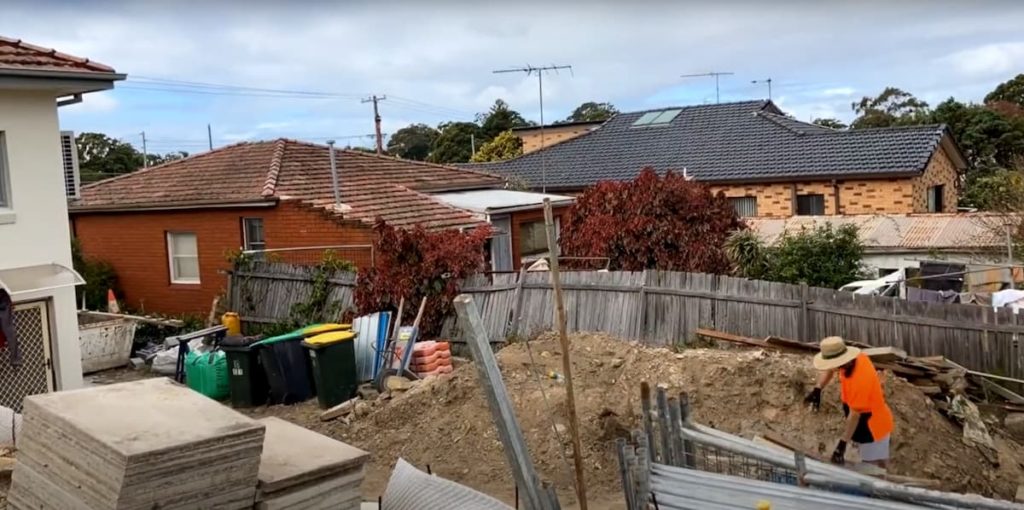
Wages are the Trade Risk
In terms of pay, a Tradie’s earnings are not limited to the number of hours he or she works each day. The more you learn, the more talents you develop, and the greater your earning potential is as a result of your license. You can work for yourself as an individual contractor or start your own firm and hire other skilled workers to do tasks for you, which may greatly boost your income.
Travel for a Self-Employed Tradie
As a tradie improves his or her abilities and receives their qualifications, additional doors (and windows) to new possibilities open up. They are free to go anywhere in the country, especially bearing credentials from a nationally recognized organization on their [tool] belts. There may always be a demand for competent workers in their fields and occupations, no matter where they go. You may literally do business almost anyplace.
When you chat to tradespeople, one of the first topics they may discuss is the real sense of accomplishment they get from completing a task. It’s not unusual to drive around an area or a neighbourhood and see the places you’ve worked on, infrastructures you helped build, and components you’ve created. It might be a house, landscaping, a business, machinery or anything else, you know you’ve done an excellent job and that others appreciate and enjoy it.
Why are Construction Trades Workers Vital
These workers have a vital role in our society, and their work is both challenging and satisfying. The opportunities for tradies are endless, and the benefits of a career in the building and construction industry are many. With hard work, dedication, and passion, anyone can become a successful tradie.
So there you have it, some convincing reasons why a career in the building and construction industry is an excellent choice. If you’re still undecided, hopefully, this article has helped to make up your mind. There are many exciting paths to choose from within this vibrant industry, so whatever your interests or talents may be, there’s sure to be a trade that’s perfect for you. So get out there and start building your future.
A nationally recognized qualification is an excellent way to ensure that you have the skills and knowledge necessary to work in the building and construction industry. There are many organizations that offer qualifications, and many of them are recognized nationwide. Some of the most respected organizations include the National Building Contractors Association (NBCA), the National Institute for Certification in Engineering Technologies (NICET), and the National Association of Home Builders (NAHB).
How to Hire Self-Employed Tradies
As a firm owner, you could be involved in the hiring process. You might contract any sort of job that you require done around the home or business. It’s vital to know what each trade can accomplish and their skill degrees and histories in order to receive top quality services. If you’re unfamiliar with the subject, it’s crucial that you talk to established professionals who can explain how skilled professionals could be hired for your demands.
If you’re looking for trustworthy contractors to complete all of your project’s demands, consider posting a help wanted ad online or in your neighbourhood newspaper. Some folks like meeting handpicked prospects in person so they can describe the position and what they want from their employees face-to-face. After you’ve selected a few people, schedule an interview with them to address any concerns they may have and to go over your company in more depth.
There are various methods for locating competent, experienced people that can assist you with your next project. The most crucial thing is to obtain the greatest outcomes with due diligence and hire someone who has done outstanding work in the past and loves their job. Because some tasks need more than one person to complete effectively, you may need more than one worker. This can lead you to want to employ extra experts based on the sort of projects being handled at any given time around your home or business.
Tradie In-Demand Services Australia
According to the Australian Government’s Labour Market Information Portal (which was compiled in May 2019), construction trades, particularly bricklayers, carpenters, painters, tilers, and plumbers, are anticipated to see a demand increase of more than 9% over the next five years. Electrical and electronic installation work is projected to increase by 8% in the next five years, while electrical and electronics repair technicians are anticipated to grow by 3.2%. TV and radio repair work is expected to decrease by around 5% on the other side of the spectrum. Individuals in trades may find themselves in a better position than other professions when considering their personal circumstances, as they are often younger and have excellent employment prospects.
According to the Australian Bureau of Statistics (ABS), most labour for electrical and electronic installers and repairers is done by individuals under 35 years old. The young are also more likely than older workers to be underemployed or underemployed, which the ABS described as being generally “connected with further education and training.”
Skilled carpenters and bricklayers are in high demand. According to the ABS, most skilled building trade workers are employed by those under 45 years old. This means that employing a younger individual for entry-level tasks makes it easier for the company to retain its employees in the long run. Hiring more senior staff, on the other hand, may be determined by the type of work being done at any given time. When hiring tradies for their own projects, it is important to be aware of the skills required for the project and ensure that the tradie has the relevant experience and qualifications.
What is the trade risk involved?
The risks associated with any trade can be high if the wrong person is hired for the job. For example, if a carpenter is hired to do electrical work, he may not be familiar with the safety hazards and risks involved in working with electricity. This could lead to an unsafe workplace and potential injuries to employees. It’s important to interview candidates thoroughly and ensure that they have the necessary skills and experience to complete the project safely and correctly. There are a variety of particular crafts that can be hired out to help with your project.
When looking for a contractor, be sure to specify the particular craft you need help with. For example, if you need help with carpentry, be sure to say so in your ad or in your interview. This may help you to find someone who is qualified and experienced in that particular craft. The Australian Government’s Labour Market Information Portal (which was compiled in May 2019) states that building trades, electronic trades, particularly bricklayers, carpenters, painters, tilers, and plumbers, are anticipated to see a demand increase of more than 9% over the next five years.
Electrical and electronic installation work is projected to increase by 8% in the next five years, while electrical and electronics repair technicians are anticipated to grow by 3.2%. TV and radio repair work is expected to decrease by around 5%.


